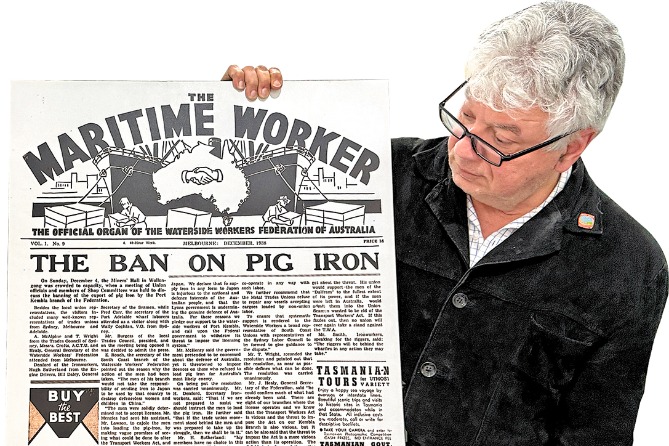Muddying waters over Taiwan question can't change its status as part of China: China Daily editorial
chinadaily.com.cn | Updated: 2024-09-25 20:13
For a long time the United States held to its stance of strategic ambiguity on the Taiwan question, officially adhering to the one-China principle, which recognizes the central government of the People's Republic of China as the legitimate government of China to which the island belongs, while maintaining unofficial relations with Taiwan and its long-standing commitment to the Taiwan Relations Act, which allows arms sales to the island, among other things. This has required US administrations to do a delicate balancing act to avoid direct confrontation with China.
But in recent years, particularly under the Joe Biden administration, tensions between Washington and Beijing over Taiwan have escalated due to the US giving greater support to and emboldening the island's self-admitted secessionist-minded authorities in their efforts to seek recognition for the de facto "independence" of the island.
In their latest hustle, the island's independence-seekers are attempting to hijack the ongoing 79th session of the United Nations General Assembly in an apparent attempt to push for the island's so-called meaningful participation in the world body's mechanisms and agencies.
In fact, even before this year's UNGA opened in New York on Sept 10, Taipei had time and again hyped up the false narrative that UN Resolution 2758 — which, passed on Oct 25, 1971, rightly recognized the PRC as "the only legitimate representative of China to the United Nations" and stripped Taiwan of its representation at the UN and its related organizations — was being misinterpreted to keep the island from participating in the world body.
On Sept 20, nine of Taiwan's so-called diplomatic allies called on UN Secretary-General Antonio Guterres to include Taiwan in the deliberations at the UN Summit for the Future.
The wording of Resolution 2758, however, is unambiguous and its intention clear: "to restore all its rights to the People's Republic of China and to recognize the representatives of its government as the only legitimate representatives of China to the United Nations, and to expel forthwith the representatives of Chiang Kai-shek from the place which they unlawfully occupy at the United Nations and in all the organizations related to it".
This resolution settled once and for all the political, legal, and procedural issues of China's representation at the UN. It also spelled out that China has one seat at the UN, so there is no such thing as "two Chinas" or "one China, one Taiwan".
The latest attempt to muddy the waters over Taiwan's true status at the UNGA was propelled by the undercurrent of the US' collusion with the island's separatists. The US has been playing the Taiwan card with increasing frequency in its effort to exert strategic pressure on China.
Despite its repeated pledges that it does not support "Taiwan independence", the Biden administration has employed various tactics to interfere in the Taiwan question and collude with separatist forces on the Chinese island.
On Sunday, representatives of 26 US drone companies, along with officials from the US Department of Commerce and the Department of Defense, arrived in Taipei on a four-day visit, which is yet another move Washington has taken to enhance the island's defense capabilities and resist Beijing's reunification push.
Beijing has made it clear that no matter what tricks the pro-independence forces play, they cannot change the fact that Taiwan is an integral part of China nor will they weaken its resolve and capability to safeguard national sovereignty and territorial integrity, let alone prevent the island's reunification with the motherland.
The calculated move at the UNGA is aimed at not just damaging Beijing's image but also prepping the international community to view it as the party in the wrong and therefore side against it should the US' gamesmanship precipitate a cross-Strait conflict.
























